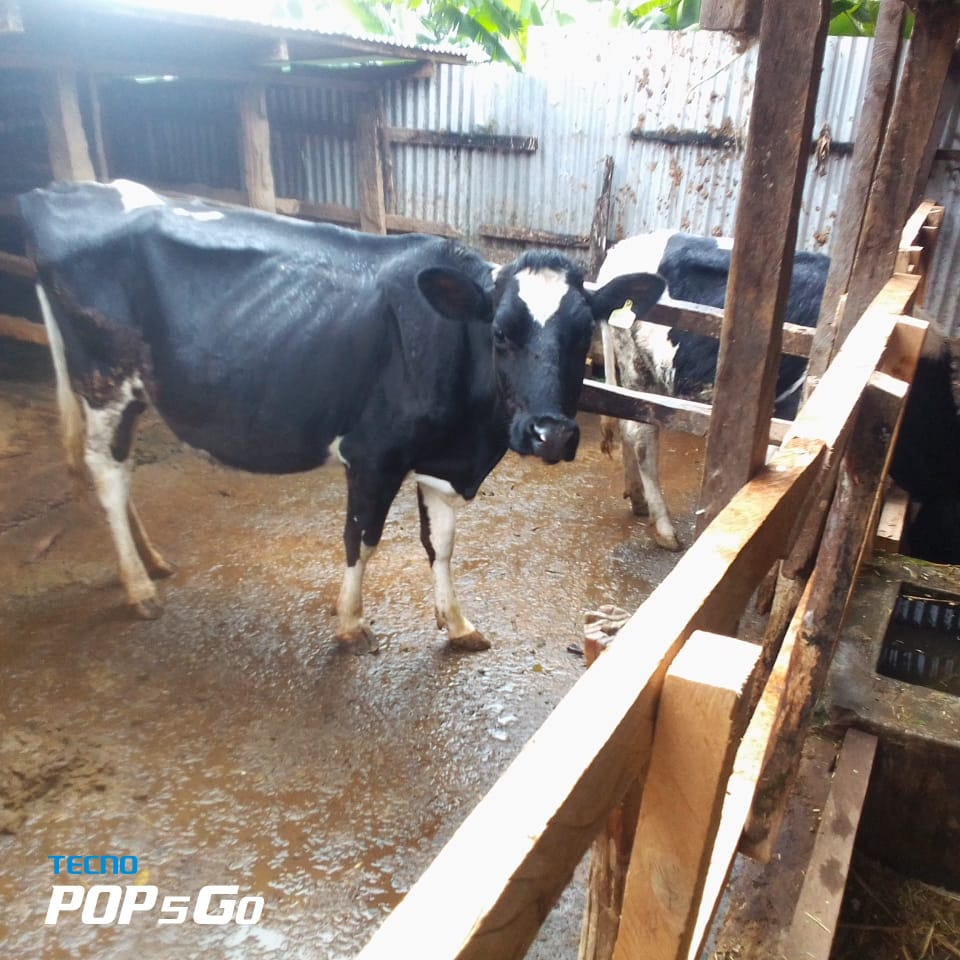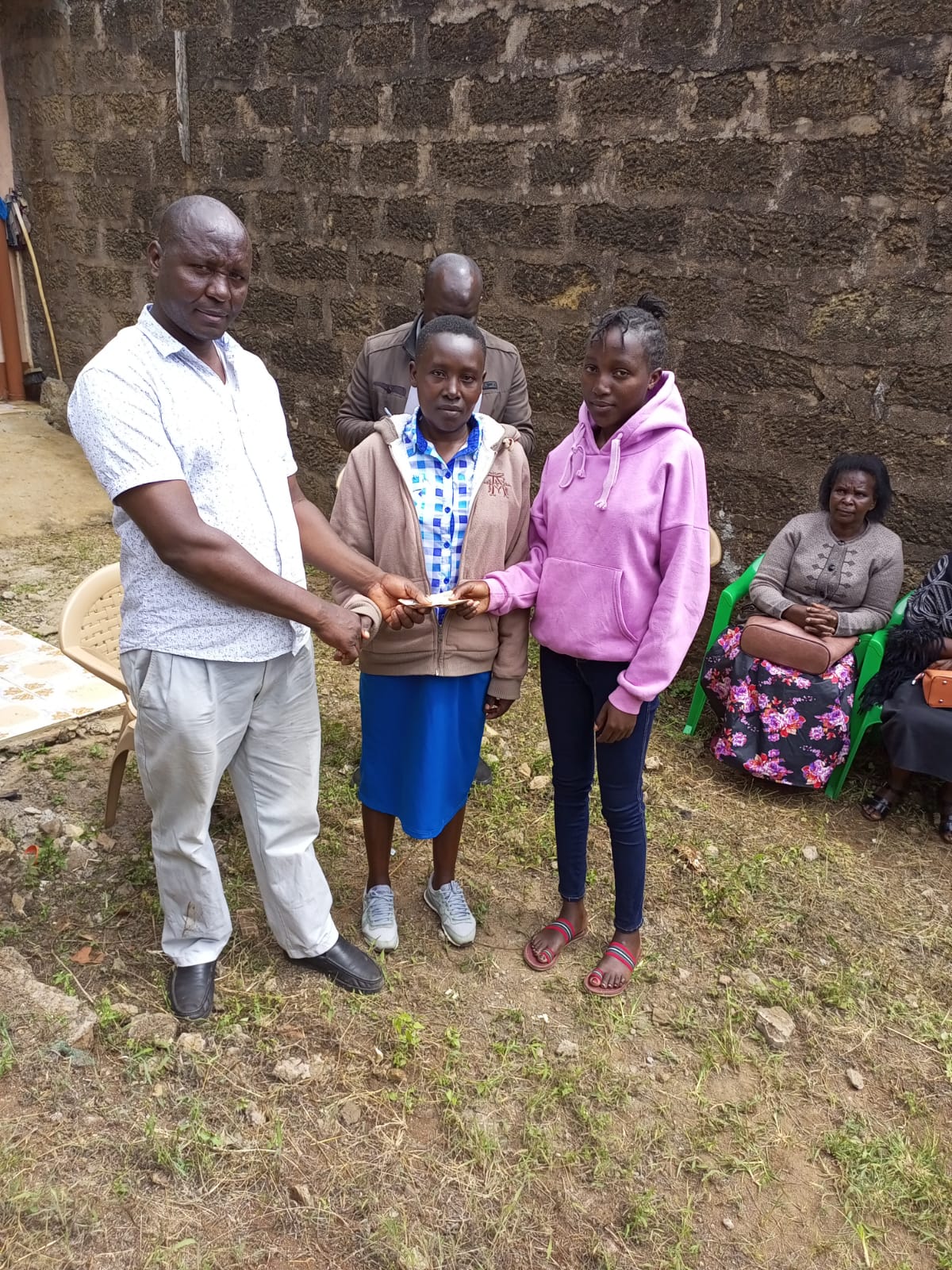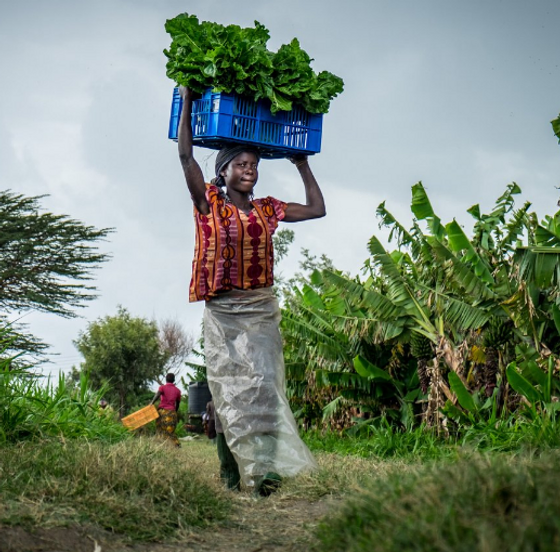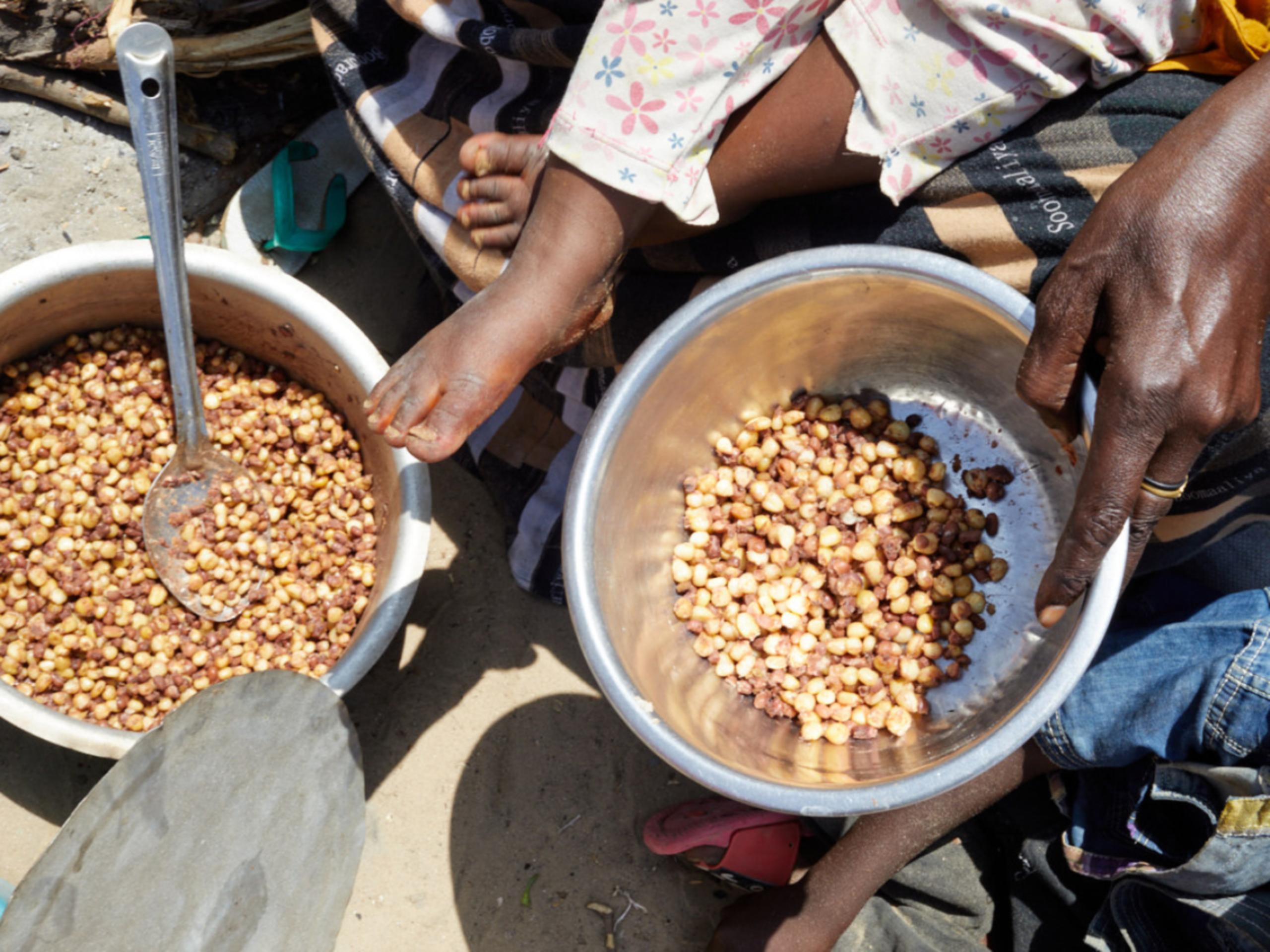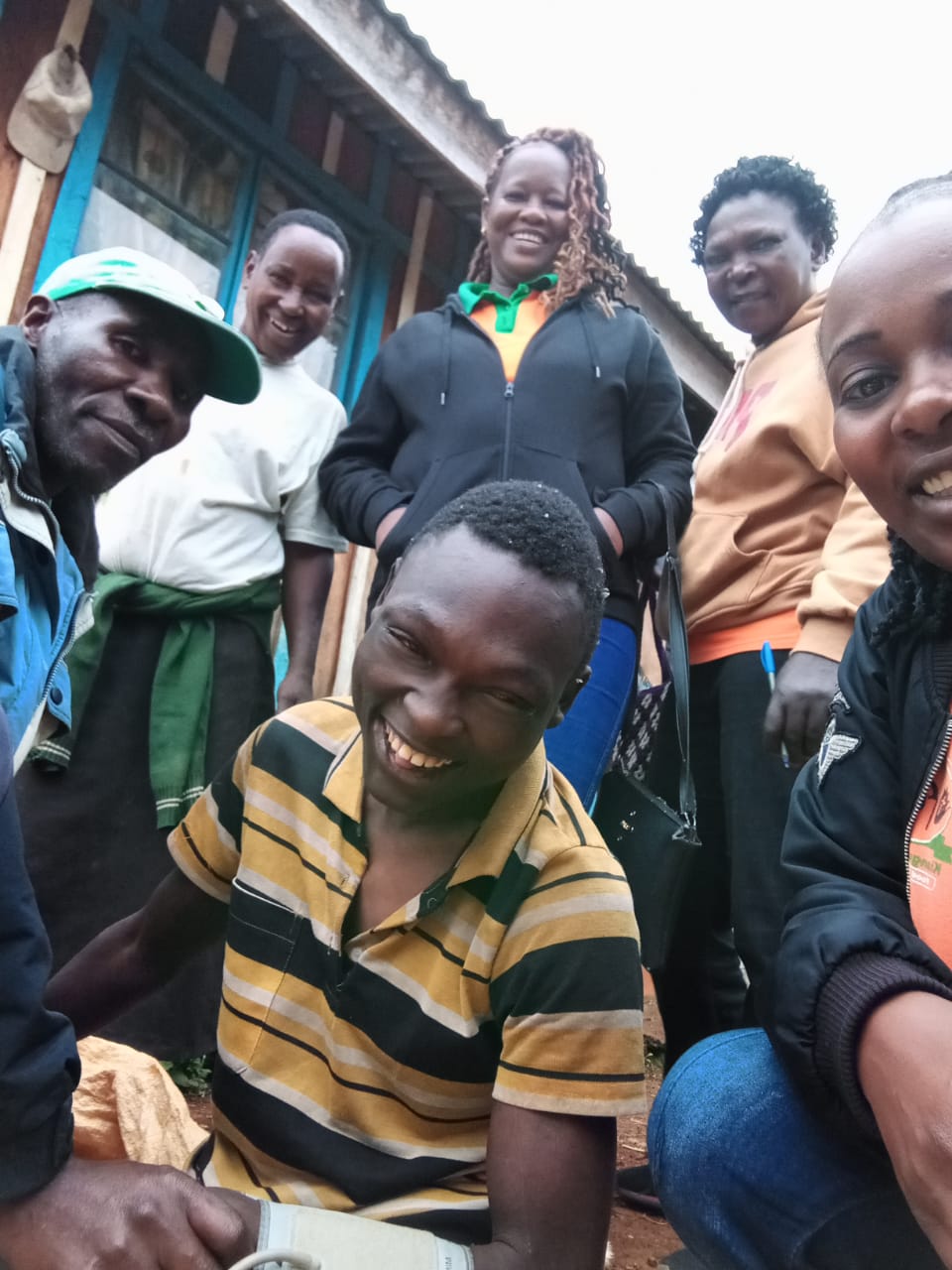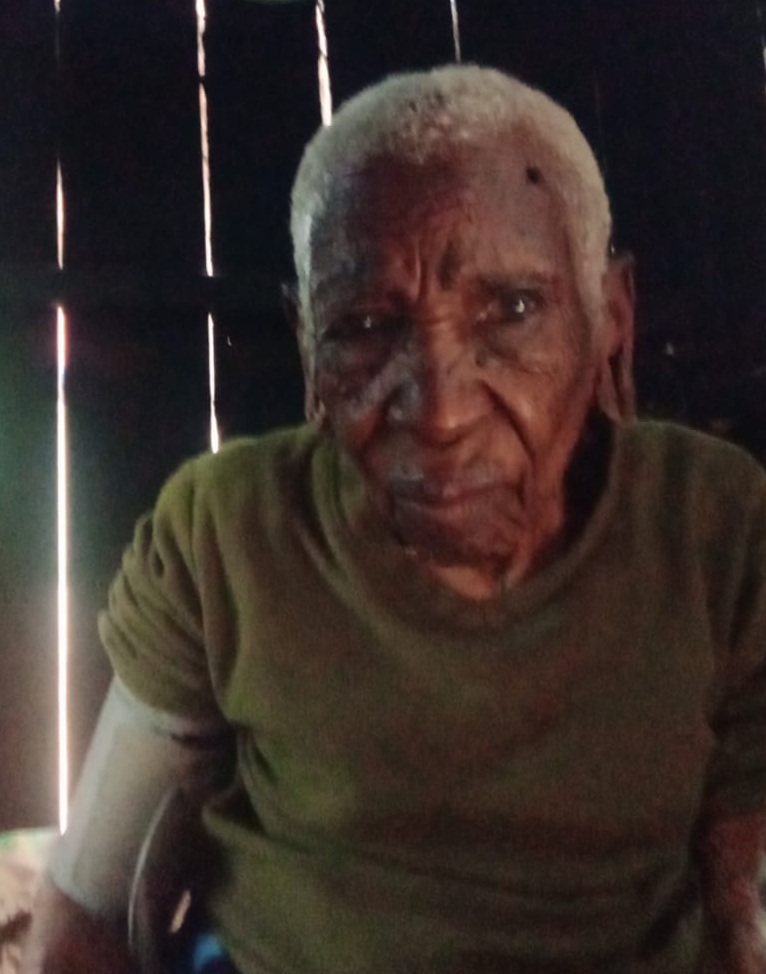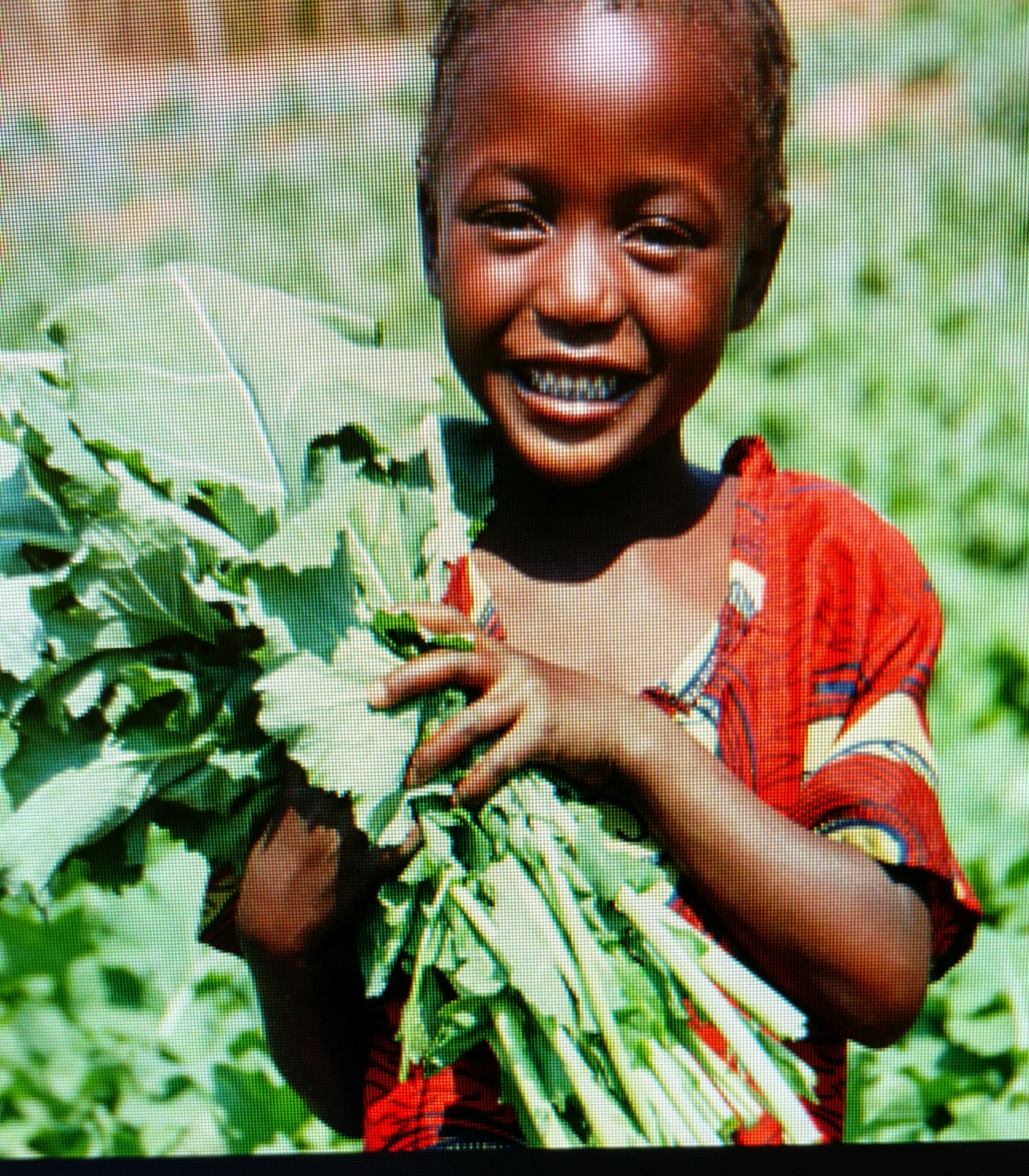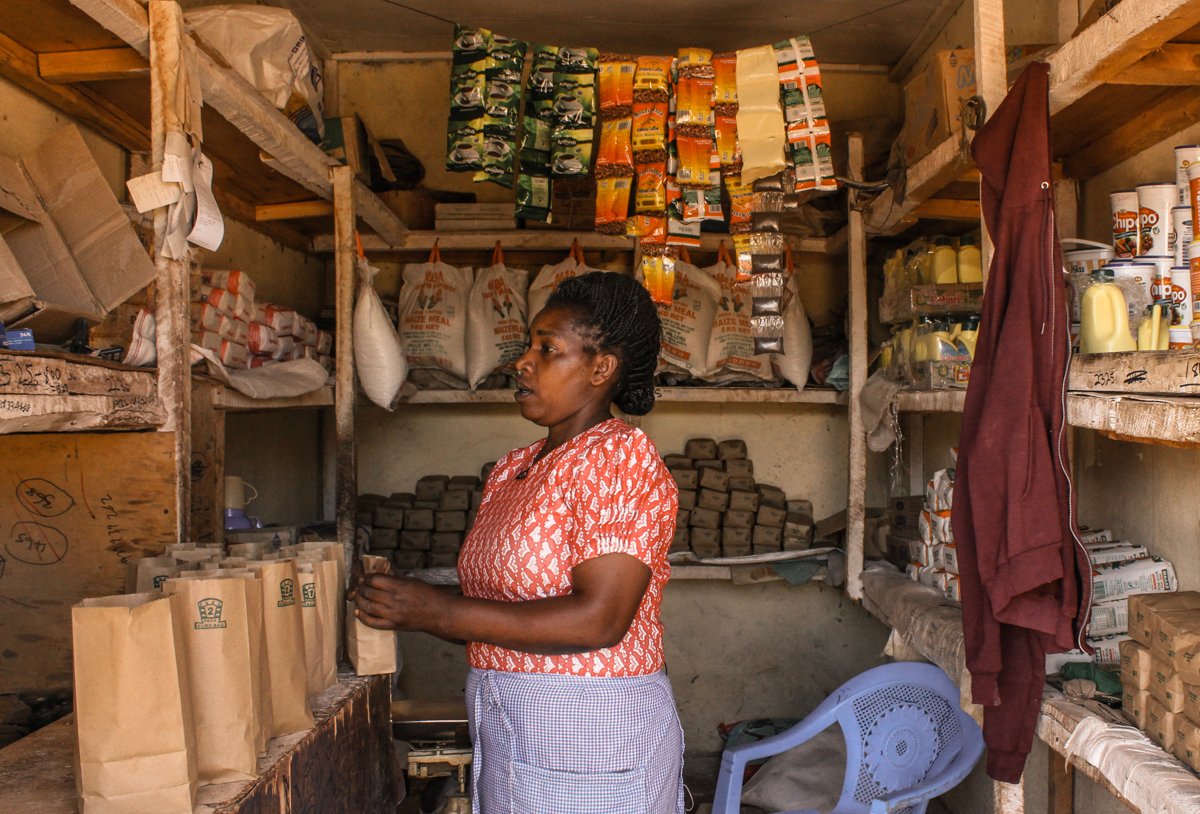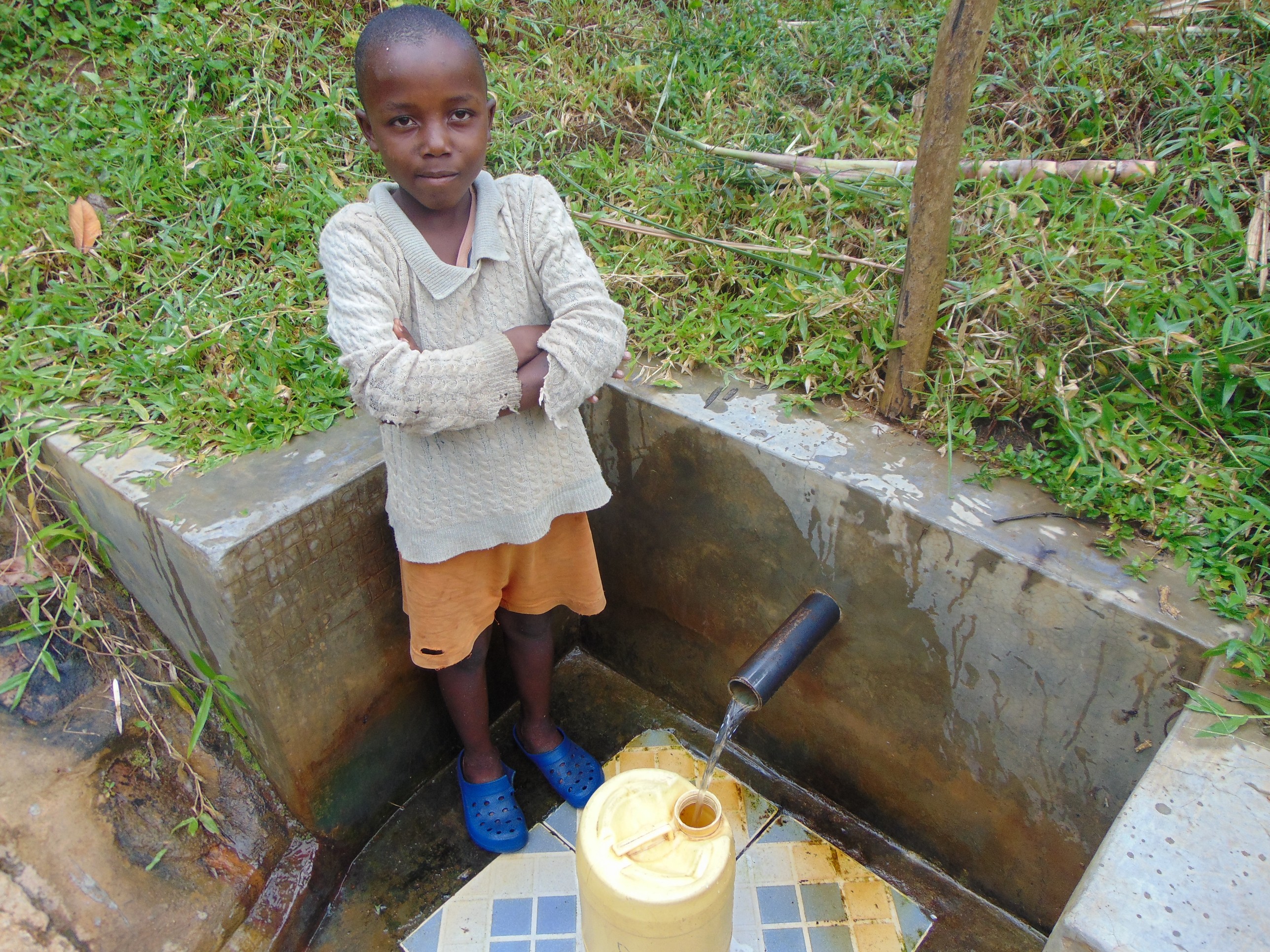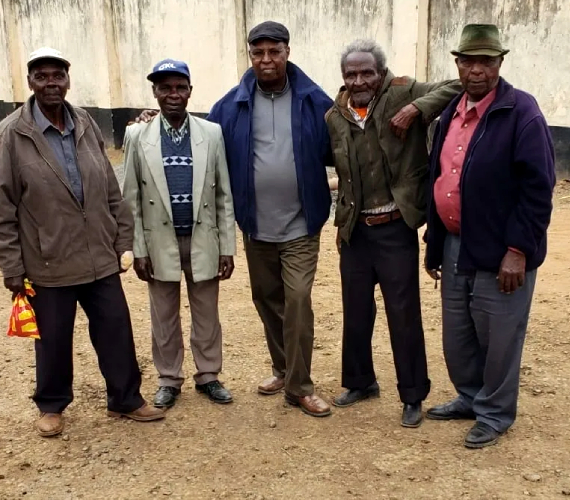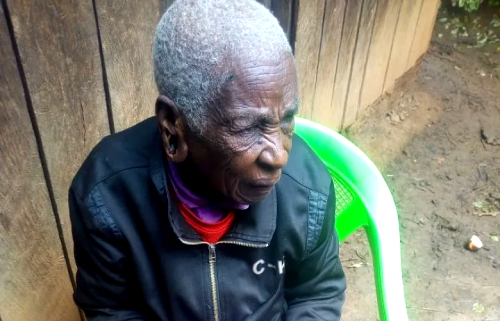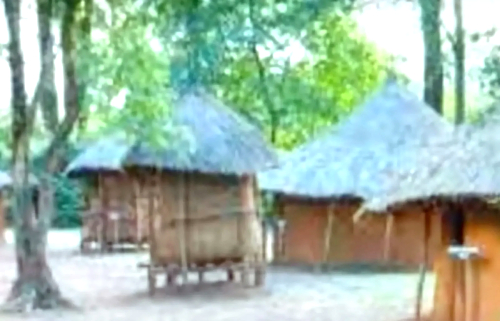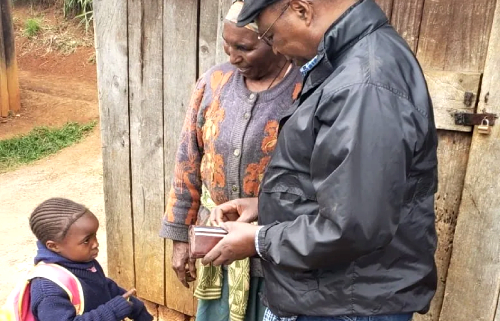Our Charity helps those people who have no hope
Make a change which can effect million.
VFBF, Inc. is registered as a non-profit tax-exempt and public charitable organization in the State of Maryland and recognized in the USA by Internal Revenue Services (IRS) under section 501 (c) (3) of the Internal Revenue Code. The organization is in good standing and has been in operation since July 2016.
View MoreEmpowering young people as well as adults to find ways to transform their families and communities through college, apprenticeships, careers, and modern technical educational skills.
On-going piped water project deals with tapping clean and safe domestic use water from adjacent unpolluted natural rivers flowing from forest and mountain water-catchments.
Plan is the Annex Community Center to alleviate and support small businesses, especially minority- and women-owned businesses; and creation of middle-class jobs in all sectors.
The “central food bank” would serve as a catalyst for food supplies inventory control as well as overseeing the functions and on-going maintenance needs of the food pantries.
When I assumed the role of President and CEO of VFBF five years ago, I envisioned the probable challenges. While I envisioned the challenges…I couldn’t have predicted how wide-ranging and eye-opening those challenges would be. Even many years of collaboration with colleagues, associates, and clients as a professional tax preparer, accountant, and financial planner didn’t prepare me for just how complex the non-profit organizations are, how deep the work goes, and how committed and insightful a leader must be.
Despite the prevailing challenges, we are planning to raise $210 million—dollars to build a State-of-the Art hospital at Kiangua village in Kenya. Included in the plan is the Annex Community Center to alleviate and support small businesses, especially minority- and women-owned businesses; and creation of middle-class jobs in all sectors. We are at zero $0.00 level at this point. Aggressive fund- raising efforts would commence as soon as opportunities permit. The $210 million to fund these sister projects challenge systemic racial discrimination and upend barriers to economic mobility and equitable opportunity for community residents. We’re looking forward to working with various target funding sources that are likely to step up with the needed monetary contributions. We are committed to witness meaningful changes that these crucial investments signify and impact upon the underinvested places across the target areas. In essence, we’re excited about deepening our investments in communities where we already work—including rural farmers and the related farmers’ markets as well as partnering with new supporters on innovative ventures. We are embarking, for example, on several medical supplier diversity initiatives that will encourage contracting with women-, veteran- and other minority-owned enterprises as suppliers to larger clients such as high schools, hospitals, college/universities and other entities.
Ultimately, our focus is intended to intensify the positive, lasting impact that access to capital and opportunity can have in the communities we serve. As the executive director, I have had the privilege to envisage the abundance of brain power and the spirit including, the willingness to listen to others—in readiness to push-on towards the attainment of planned goals and objectives.
This is an integral component resource of the ministry since it allows safe preservation of both perishable and nonperishable food supply items. Donors of these items might require immediate pick-up due to space considerations.
VFBF has in the past, lost several opportunities to pick-up donated farm-food- items on a first-come first-served basis owing to lack of storage facilities. The distribution of food items takes place once a month; the first weekend of each month. Thus, any perishables coming in earlier or later cannot be reasonably preserved. Currently, there is only one such facility serving every participant on a 3-mile squire. We need five (5) Food Banks/Pantries; three (3) a mile apart and two (2) in central locations. There is in an urgent need of four (4) more food banks/pantries to strategically preserve perishable and nonperishable food and supply items to serve the program participants effectively and timely. A simple rectangular storage of 12ft x 16ft is estimated to cost $14,500. Five can be started and completed within a year.
VFBF has reached verbal agreements with local churches regarding partnership in establishing and maintaining the food banks for ease of access by the needy in the respective neighborhoods.
However, VFBF would establish a centralized food bank in a strategic location. The “central food bank” would serve as a catalyst for food supplies inventory control as well as overseeing the funct ions and on-going maintenance needs of the food pantries. Please jump in and give a helping-hand.
The anticipated construction of a shelter for the homeless would facilitate needed assistance to the displaced persons in local towns especially those that get thrown out of rented properties due to nonpayment of rental fees. These situations occur when tenants’ loose employment due to down-sizing prompted by economic challenges, layoffs, prolonged illness of bread-earners, or natural disasters.
A forty by eighty feet (40’ x 80’) plot would likely house a 2-floor, 24-rooms of 10’ x 10’ complex including communal bathrooms for both men and women. Any additional space would accommodate a snack and laundry areas. Construction cost-based information provided by local contractors is estimated at $70 per square foot. There are 3,200 square feet in a 40ft x 80ft plot. Total estimated cost is $224,000 (3,200’ x $70). Note: This cost does not include furnishings. Your financial assistance for this project would be a real blessing.
VFBF’s on-going piped water project deals with tapping clean and safe domestic use water from adjacent unpolluted natural rivers flowing from forest and mountain water-catchments. The tapped water is pipped and transported underground to centralized centers within the reach of the needy village communities. Water treatment for emergency water stored in tanks is minimal. VFBF partners with local economic development groups and public service providers in their efforts to reach out to needy populations. Updates on waste disposal, sewages, and sanitation concerns are shared. VFBF limits its participation to projects with estimated costs of $25,500 per one-mile projects or per bore hole. The have participated in two of these. The cost is mainly for parts and materials----the community provides voluntary labor of able bodies. Any voluntary group efforts or material/money gifts of any size are welcome.
VFBF believes in empowering young people as well as adults to find ways to transform their families and communities through college, apprenticeships, careers, and modern technical educational skills. Through funding, these populations would be enabled to prioritize upon their needs and goals and what it would take to accomplish same. VFBF’s goal is to boost scholarships for the benefit of the target populations. VFBF’s administration including advisory committees, have the mandate to make decisions on eligible participants and the level of funding. However, the guidance and the directives of the fund donors would be prioritized and adhered to. There is no dollar-limit to the fund. Donors from all walks of life are invited --- Estimated support per student is $950 per year .
Initiate centralized soup-kitchens for access by the at-risk senior populations and/or jobless including starving locals. VBFF’s plan is to establish four such kitchens. The estimated cost per kitchen including cost of land and equipment is $23,500 . Two of these can be started and completed each year. The operating aspect of project would be voluntary in nature but require daily supplies and minimal maintenance. Total cost is estimated at $350 per week and projected to $18,200 annually .
Food distribution program is a major component of VFBF’s operations. As above, we are currently assisting 210 or 15 per cent of the target needy households. The average cost of food items per household is $25 per month. A household may shelter three (3) or more persons. Program beneficiaries receive only the specific supplies of nutritious or dietary food items. No cash is advanced. The distribution is conducted by church group committees chaired by a Church Elder or Deacon. Student volunteer teams come in handy in special delivery cases where access to a beneficiary by road is limited. There are quite a number of isolated cases.
The estimated annual budget for this category is $312,000 . Apparently, the estimated annual cost as shown above is quite a challenge and lots of helping hands are needed. Please raise your hand.
The need for materials and supplies ranks high within the operational aspect of the ministry program’s annual cost. These include; blankets, towels, toilet papers, baby stuff, utensils, soap, Vaseline, detergent, etc. The procurement of monthly supply is by gross (144 items) or by dozens of 12 items in one box, etc. For example, buying a supply of 12 blankets at $15 each would cost $180 while buying a gross of soap tablets at $2 each would cost $288 or $250 per gross with discount.
The need is on-going, but prices for individual items are unsteady due to inflation, cost of living, and other related issues. Our budget for this line item is $78,000. Empathizer’s generous gifts of these items or money equivalence would greatly assist and support the program initiative.
The sick, the poor, disabled, and the elderly, etc. within the target populations are at risk. There is no welfare, health, Medicaid, or Medicare programs supported by the Kenyan government. The only available basic health insurance covers only 80 per cent for in-patient services and zero for out-patient services. Thus, families and individual must take care of their respective health issues. VFBF assists these populations with prescription and medical bills, off-the- counter pain-killer pills, prescriptions, x-rays, outpatient treatment, check-ups for the elderly, and so on. A minimal support of $50 and above would always somewhere within the list of needs. At least one per cent of the program beneficiaries have daily needs for medical and health services. Tropical diseases such as Asthma, Diabetes, Diarrhea, Flu, Blood Pressure (BP), Malaria, Malnutrition, Tuberculosis, Whoop-cough, etc. are chronic in target areas. Vaccinations are rare except for sudden contagious break-outs. The annual budget for this line item at the current level of operation is $7,800.
As a potential supporter, you can identify the category of the group you wish to assist on a monthly or annual basis. A $650 monthly funding would at a minimum, meet the applicable needs.
